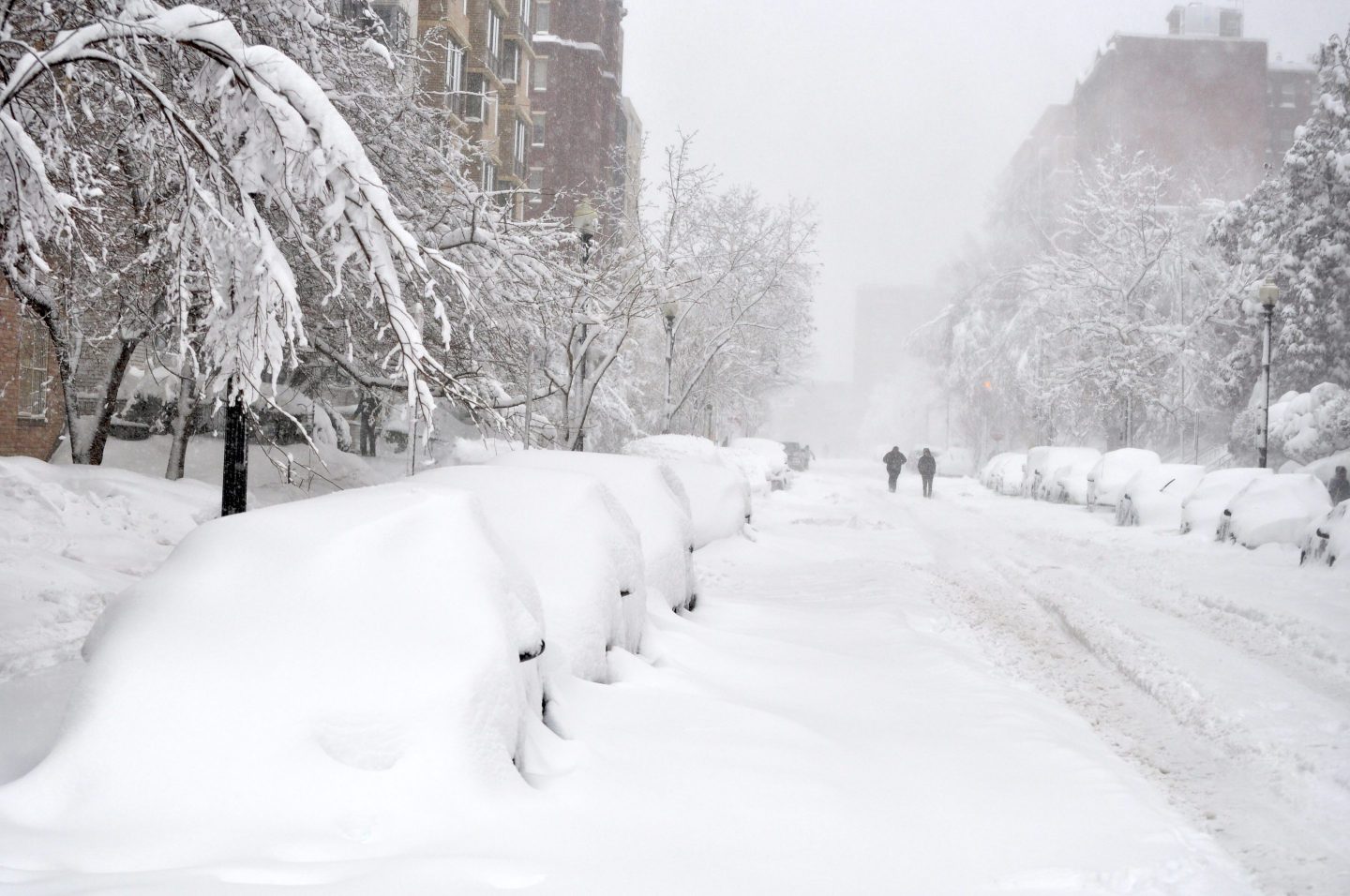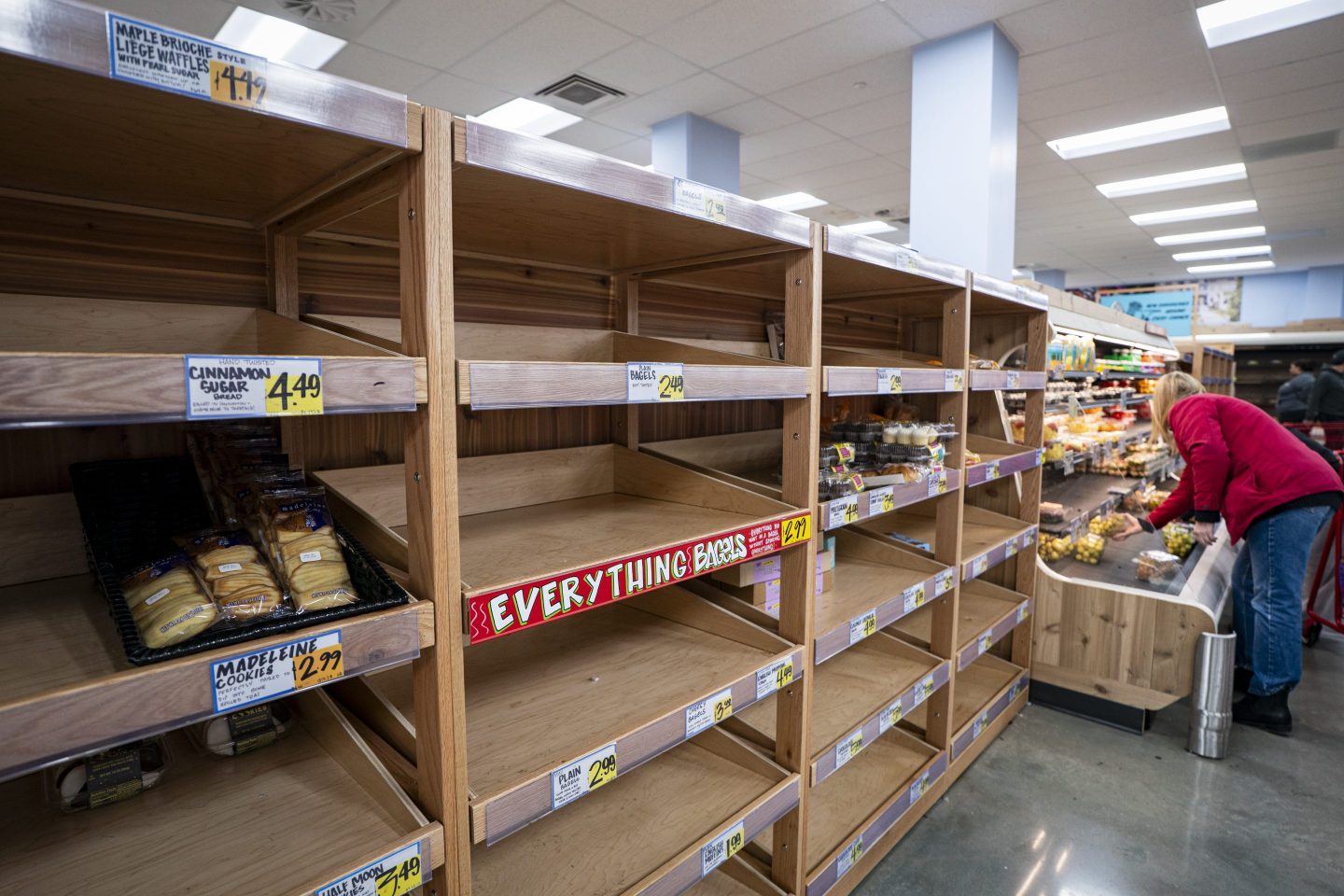The town of Hauula packs hundreds of homes into a narrow strip of land sandwiched between verdant, towering cliffs of the Koolau mountain range and the Pacific. But the stunning views obscure an environmental problem beneath the ground.
This rural part of the island of Oahu is not connected to city sewers — and waste from toilets, sinks and showers is mostly collected in hundreds of pits called cesspools.
With climate change, rising seas are eroding Hawaii’s coast near homes with cesspools. Sea rise also is pushing the island’s groundwater closer to the surface, allowing the cesspool effluent to mix with the water table and flow into the ocean. And scientists say cesspool pollution may even percolate into streets and parks in low-lying former wetlands in the future.
“We want proper sanitation as much as anybody wants it. We don’t want our children swimming in an ocean of bacteria,” said Dotty Kelly-Paddock, president of the Hauula Community Association. “It’s got to change.”
Hawaii has 83,000 cesspools — more than any other state — and about 20% are less than 1 kilometer (0.6 mile) from shore. Six years ago, Hawaii mandated removal of all cesspools by 2050.
The task is daunting and costly, but scientists warn that problems from this unsanitary complication of island life will only be exacerbated by global warming.
Cesspools sprang up across Hawaii during years of rapid growth and now are everywhere from old sugar plantation towns to the posh Honolulu enclave Black Point.
Most homes with cesspools are in neighborhoods without sewers. In theory, the ground gradually filters bacteria and pathogens in effluent from them.
But rising seas and more intense storms are encroaching on coastal properties, as happened last year when a house collapsed onto a beach along Oahu’s North Shore surfing mecca. Some coastal erosion removes sand surrounding cesspools and pulls sewage out to sea.
Cesspools that are inland are sometimes so close to aquifers that sewage pollutes them and can travel through springs to beaches and the ocean.
When researchers placed dye in shoreline cesspools in the town of Puako on the Big Island for a 2021 study, it emerged in coastal springs only nine hours to three days later, said Tracy Wiegner, a University of Hawaii-Hilo marine science professor.
Researchers also found bacteria levels in the ocean exceeded state health standards in front of 81% of the Puako homes sampled.
Public health officials warn exposure to sewage can cause gastroenteritis, diarrhea, conjunctivitis and skin infections. A 2020 Hawaii Department of Health report said little is known about how bacteria and viruses are carried through waters in wet tropical regions where people swim year round, but it said Hawaii had twice the rate of difficult-to-treat superbug MRSA infections than the national average.
Environmental scientist Daniel Amato coordinates volunteers who test water quality at 24 sites across Oahu for the Surfrider Foundation every two weeks. He said it’s difficult to prove that cesspools are the source of the bacteria the team finds but bacteria levels are high where there are many cesspools.
——
Sewage in the ocean — from cesspools and other sources — also harms coral reefs that support marine life and tourism.
The nitrogen in wastewater acts like fertilizer for non-native seaweeds that dominate once-diverse coral reefs. This reduces food for native fish and hurts reef health.
Scientists say some feces-laced groundwater may come up through storm drains and the soil as rising sea levels lift the groundwater above it. This aspect of climate change is most likely to occur first in extremely low-lying areas where coastal wetlands have been filled in and built over.
“When the water table rises, as it will and as it does already, that’s going to be extremely polluted water right there in our communities, in the midst of our communities — on the roads, on the sidewalks, in the backyards,” said Chip Fletcher, interim dean at the School of Ocean and Earth Science and Technology at the University of Hawaii-Manoa. “That is going to represent a massive health threat.”
Elevated groundwater is already contributing to chronic flooding in a Honolulu industrial area.
Mapunapuna — home to auto body shops, a vehicle rental store and scrap metal yards — was once a wetland and is sinking. Several streets regularly flood even when it’s sunny and hasn’t rained. At high tide, water covers roads and sidewalks.
Shellie Habel, a coastal geologist with the University of Hawaii’s Climate Resilience Collaborative, said parts of Waikiki in Honolulu could exhibit such flooding in a decade or two. The world-famous beach resort visited by millions of tourists a year was also built on former wetlands.
There are no cesspools in Waikiki, but there are some in the watershed of the Ala Wai Canal bordering the district.
—-
Hawaii property owners have 27 years to hook up to sewer lines or convert cesspools to a cleaner method of disposal. Those without nearby sewer mains may consider installing a septic tank, which stores solid waste and has a connected leach field to gradually filter wastewater through the soil.
But experts say rising sea levels and groundwater will prevent leach fields from filtering sewage in many coastal lots. A 2018 report by Florida’s Miami-Dade County found 1,000 septic systems there were already failing due to high groundwater levels.
The solution to such problems is not a simple one. The uncertainty created by climate change makes it harder for policymakers to decide where to install sewers, said Juliet Willetts, a professor at the University of Technology Sydney’s Institute for Sustainable Futures.
“We can no longer definitely predict there’ll be floods this often or whatever,” she said. “We just have ideas about what it might be.”
—-
Honolulu City Council member Matt Weyer said his constituents are concerned about cesspool conversion costs, with estimates running $10,000 to $50,000 per property.
His largely rural district includes Hauula, Oahu’s North Shore and most of the Oahu cesspools scientists say most urgently need to be closed.
In March, the state offered $5 million in grants of up to $20,000 each to help property owners. The money ran out in just two weeks.
Honolulu’s municipal government, responsible for all of Oahu, plans to eliminate nearly 1,000 of the island’s 7,500 cesspools by spending $50 million to run sewer lines to an Ewa Beach neighborhood. The project mainly will be funded by tax-exempt municipal bonds.
The city is also studying ways to connect homes in Haleiwa, Kahuku and Waimanalo — coastal towns with many cesspools. But Roger Babcock, director of Honolulu’s Department of Environmental Services, said it won’t be feasible to lay sewer lines everywhere.
The city is already spending $2.7 billion, under an agreement with the U.S. Environmental Protection Agency, to upgrade two wastewater treatment plants and reduce sewage spills.
Even with its hundreds of cesspools, the scenic seaside town of Hauula is not currently on the city’s list for a sewer line study.
Kelly-Paddock, the community association president, said many of its nearly 4,000 residents work two or three jobs to keep food on the table and stay in their homes. She doesn’t know how they’ll pay to convert their cesspools.
The solution for many Hawaii communities will require significant spending, said Wiegner, the marine science professor.
“We know this is a problem. Everybody wants to solve it,” she said. “But finding the money to make it happen is really challenging.”
___
Associated Press climate and environmental coverage receives support from several private foundations. See more about AP’s climate initiative here. The AP is solely responsible for all content.












